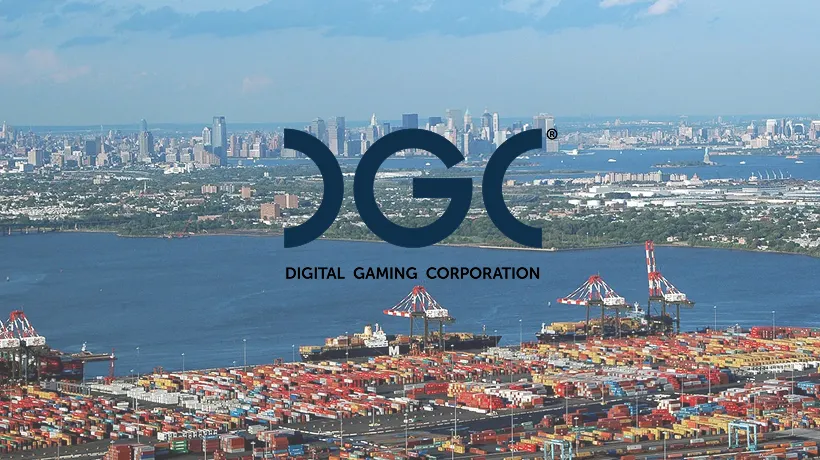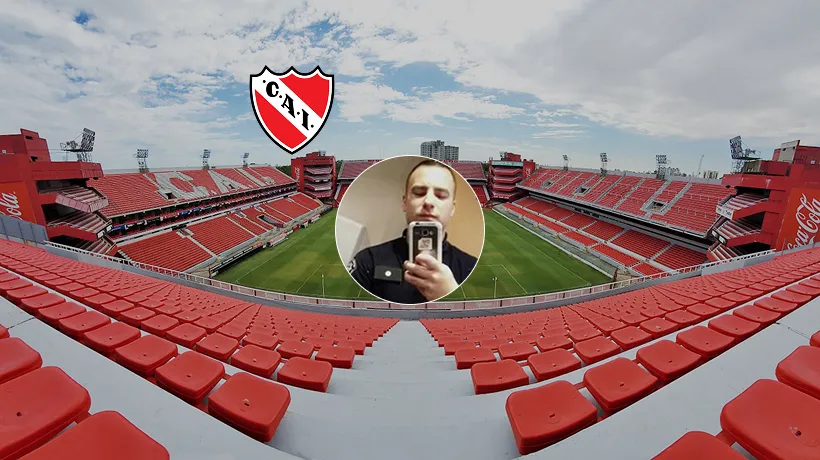Digital Gaming Corporation took a $112,188 penalty from New Jersey’s Division of Gaming Enforcement yesterday. DGC runs Super Group’s operations across the state, including Jackpot City and Spin Casino. The company must also hand back $5,278 in winnings that self-excluded players collected while they should’ve been blocked.
Super Group already decided to exit the US market back in July 2025. So this fine hits an operator that’s on its way out anyway.
DGE Interim Director Mary Jo Flaherty didn’t mince words about the violations. She said they “are contrary to the policies of the Casino Control Act and therefore are impermissible.”
Why Self-Exclusion Compliance Broke Down
The problems ran from March 2024 through January 2025. DGC didn’t add self-excluded individuals to New Jersey’s official list on time. That’s a basic compliance requirement.
But it gets worse. Multiple patrons who should’ve been blocked kept wagering on other platforms after their exclusion date kicked in. The system didn’t work.
DGC’s internal controls failed. Their compliance procedures failed too. These weren’t one-off mistakes – they were systematic problems over nearly a year.
The regulator also caught DGC letting players blow past their own deposit limits. Those limits exist because players set them to protect themselves.
What DGC’s Violations Actually Looked Like
Self-excluded players kept gambling when they shouldn’t have been able to. The state’s self-exclusion list didn’t get updated properly, so other platforms had no way to know these individuals had asked to be blocked.
Some of these self-excluded players even won money – $5,278 total – while they were supposed to be locked out completely. That money’s getting clawed back now.
And players who’d set their own deposit limits? DGC’s systems let them exceed those caps. Personal protections failed.
The timing makes this particularly awkward for Super Group. They’d already announced their US exit before these violations came to light.
How New Jersey Plans to Tighten Standards
DGE says this penalty is it for now. But they’re watching. More violations could mean additional disciplinary action.
The regulator’s already moving on broader reforms. They proposed new mandatory responsible gaming practices on September 16. Operators would have to automatically review accounts that trigger certain warning signs.
That proposal came before this enforcement action but looks pretty relevant now, doesn’t it? New Jersey’s clearly tightening the screws on responsible gaming compliance.
For operators still in the market, the message is clear. Self-exclusion isn’t optional and deposit limits aren’t suggestions. Systems need to work, not just exist on paper.







